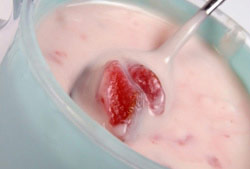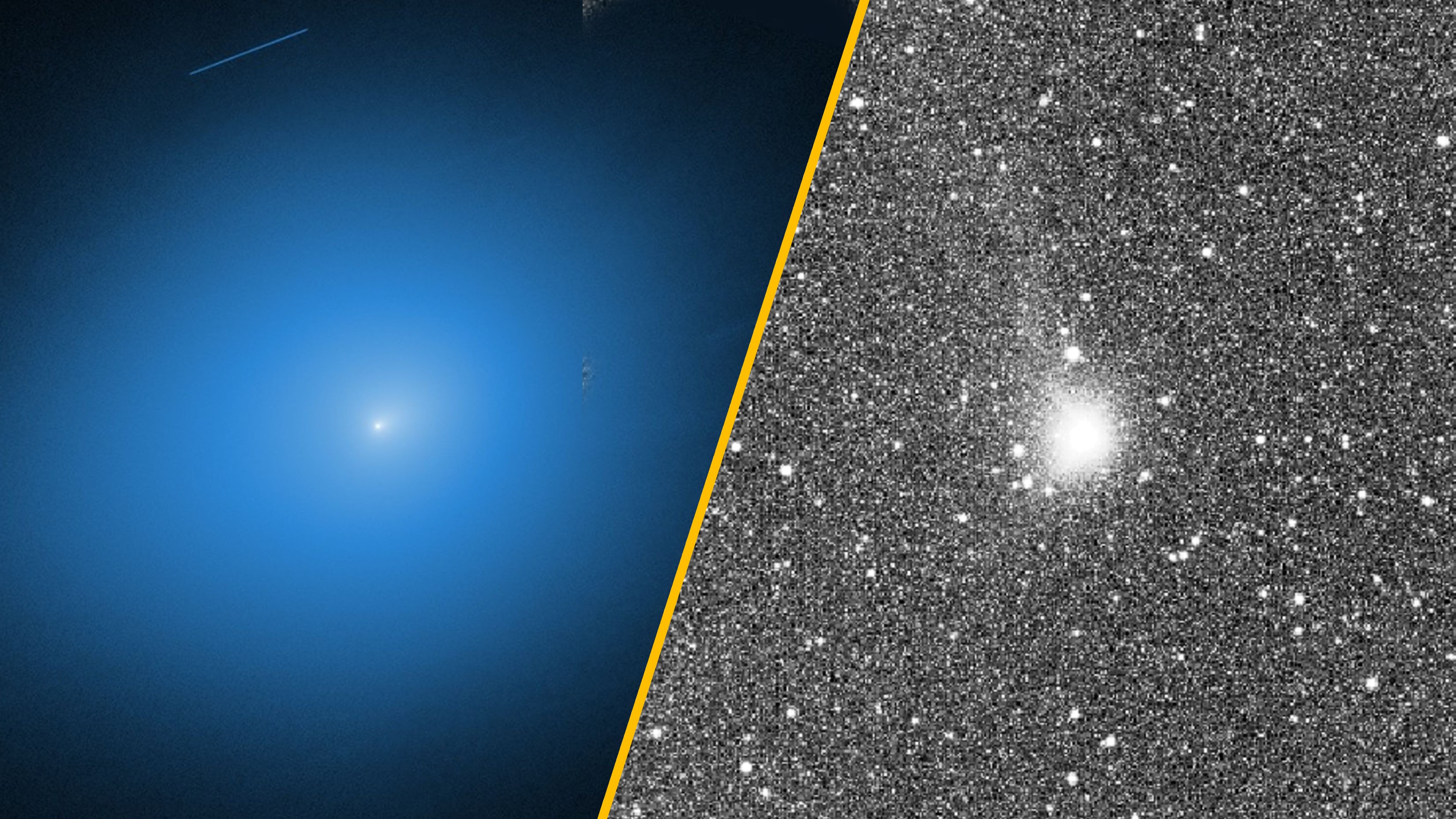Probiotic Bacteria May Help Treat Depression

Bacteria in the gut can directly influence the brains of mice and perhaps humans, scientists find.
This discovery could lead to new ways to control depression, anxiety and other disorders. And while mice serve as good models for understanding aspects of the human brain, the findings need to be replicated in humans.
The scientists detailed their findings online Aug. 29 in the Proceedings of the National Academy of Sciences.
Probiotic and stress
Researchers have increasingly begun to suspect the gut was somehow linked with the brain. For instance, bowel disorders seem linked with stress-related psychiatric disorders such as anxiety and depression in people.
To learn more, scientists experimented with mice by feeding them a broth containing Lactobacillus rhamnosus JB-1. This species naturally lives in our gut, and scientists are exploring whether strains of it can be used as "probiotics" to improve our health. They discovered these rodents displayed significantly less behavior linked with stress, anxiety and depression than mice fed plain broth. Bacteria-fed mice also had significantly lower levels of the stress hormone corticosterone in response to stressful situations such as mazes.
"By affecting gut bacteria, you can have very robust and quite broad-spectrum effects on brain chemistry and behavior," researcher John Cryan, a neuroscientist at University College Cork in Ireland, told LiveScience.
Get the world’s most fascinating discoveries delivered straight to your inbox.
"Without overstating things, this does open up the concept that we could develop therapies that can treat psychiatric disorders by targeting the gut," Cryan added. "You could take a yogurt with a probiotic in it instead of an antidepressant."
"Now, that would not be an everyday yogurt — I'm not saying you should go out to the supermarket and try doing this," he cautioned. "The effect depends on the strain of probiotic you use. The hope would be, though, that this could have less side effects than drugs."
The vagus nerve
To figure out the probiotic-stress link, the researchers probed the brains of the bacteria-fed mice, investigating molecules called receptors that brain cells use to receive signals. In particular, they focused on receptors for gamma-aminobutyric acid, or GABA. This neurotransmitter, the target of the anti-anxiety drug Valium, is the main chemical used to inhibit activity in the central nervous system and regulates many physiological and psychological processes.
The investigators found that one GABA receptor component was present in higher levels in bacteria-fed mice in parts of the brain where it is normally lowered during depression. In addition, several GABA receptor components were reduced in parts of the brain where they are normally increased in stressed or anxious animals.
Next, the researchers severed the vagus nerve, which helps alert the central nervous system to changes in the gastrointestinal tract. They found the bacteria-induced effects on behavior and GABA receptors were diminished, suggesting this nerve is the pathway by which changes in the gut can influence the brain.
Vagal nerve stimulations have been used at times to treat depression resistant to other therapies, but "that's a surgical technique," Cryan said. "By targeting the gut with probiotics, we could indirectly target the vagus nerve without surgery."
Follow-up studies will investigate whether these bacteria have this effect alive or dead, to see if it is due to either something the microbes are equipped with or release; further studies can also tease out whether the gut can affect other brain chemicals such as serotonin and dopamine, which have been linked with mood, among other factors. "Also, we found this in mice — this is a long way from clinical applications in people," Cryan said.
Follow LiveScience for the latest in science news and discoveries on Twitter @livescience and on Facebook.



